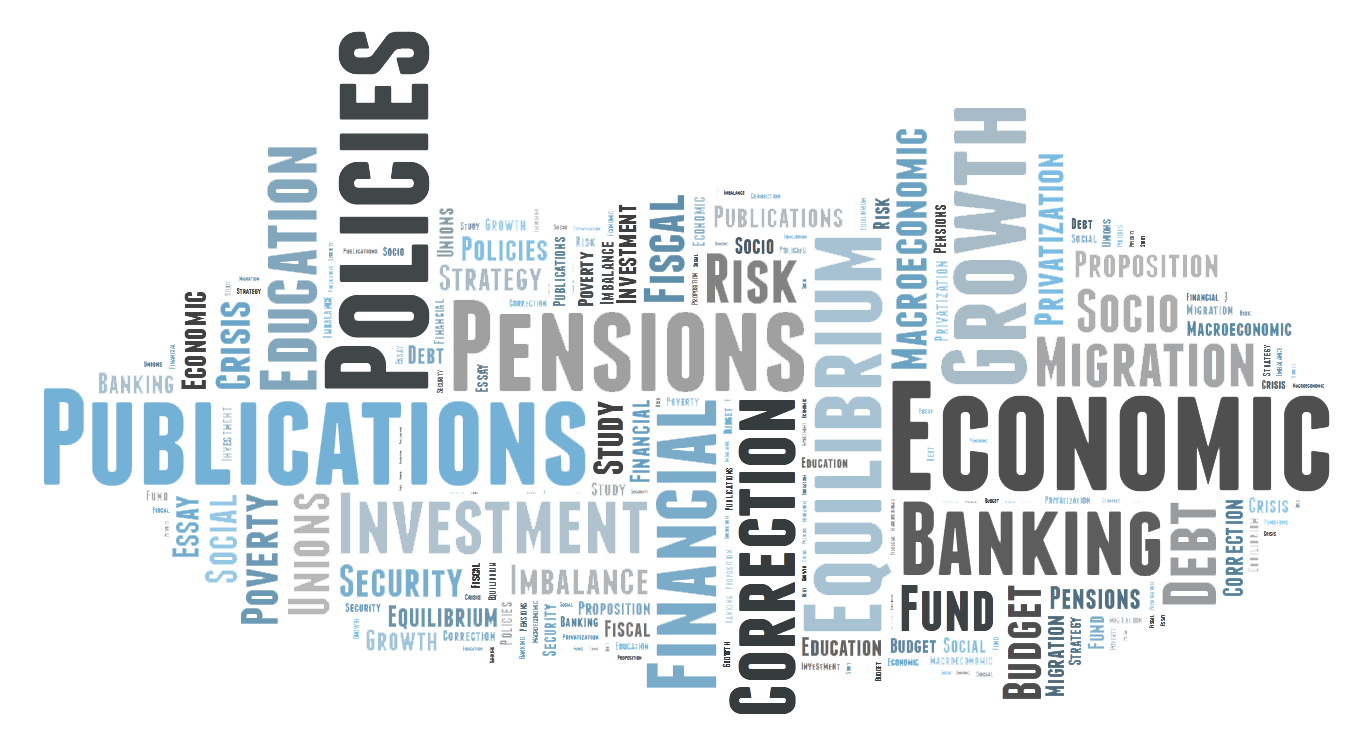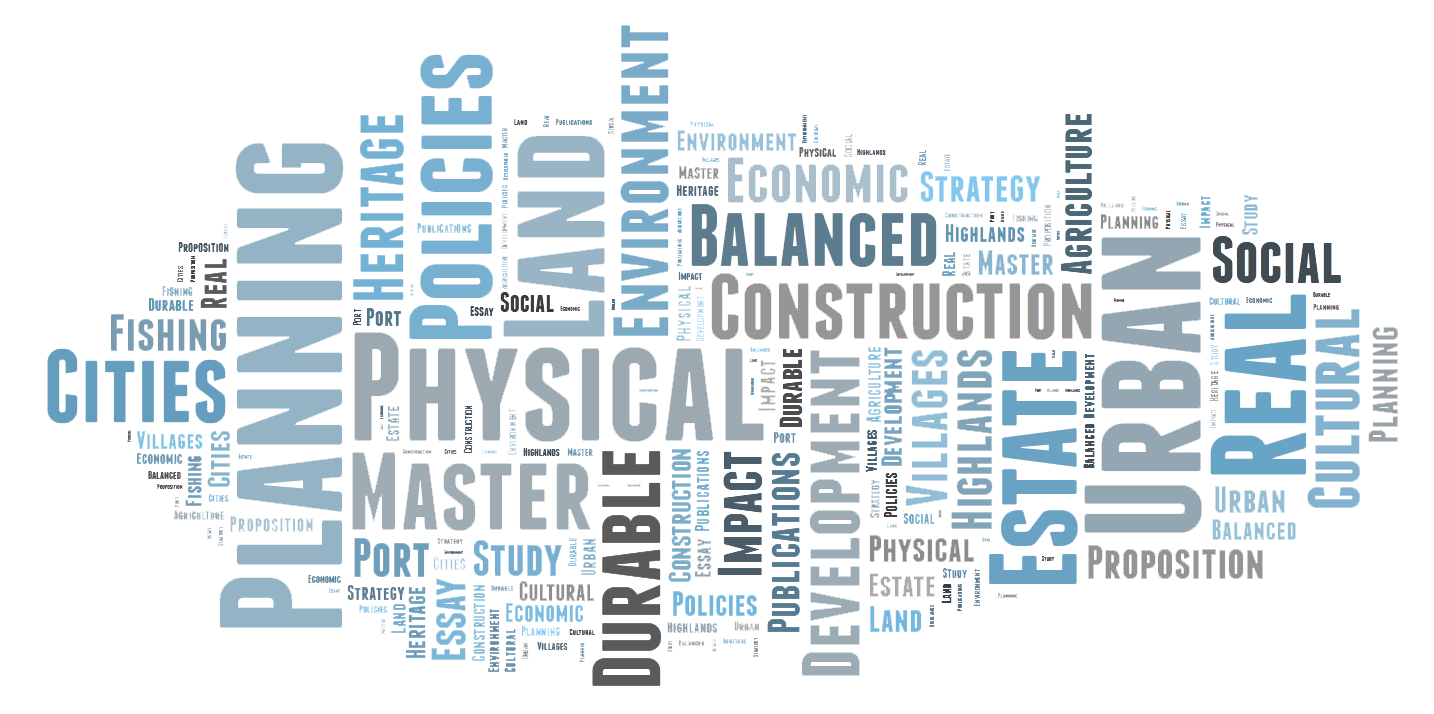Discussion and Approval of the National Budget in Iraq
Document presented to the Iraqi Members of Parliament, within the UNDP “Program on Governance in the Arab Region”
The paper is destined for the Iraqi MPs and aims at illustrating the central place of fiscal choices in the economy but also, and mainly, in the consolidation of the functional legitimacy of the state, which is the central concern of Iraq today.
The study insists on the serious and simultaneous challenges that Iraq is facing (the restoration of security and the reconstruction of public facilities, the rise in oil revenues, the setting of rules for federalism and the transition towards market economy) and delineates the risks that are attached to each of them and to their joint occurrence.
It depicts a synthetic image of the effective functional role of public finance and oil revenues in the national economy and shows that, rather than acting as a complement to the economic activity, they tend to represent substitutes. Hence, the problematic of fiscal decisions is envisaged at three levels: their economic and institutional content, their interrelation and sequencing and finally the various processes of decision taking.
It concludes by confronting those theoretical elements with the great challenges that the country is facing, proposing some practical orientations and emphasizing the impact of the choices in public finance and of the processes of decision taking on the form of the state.



